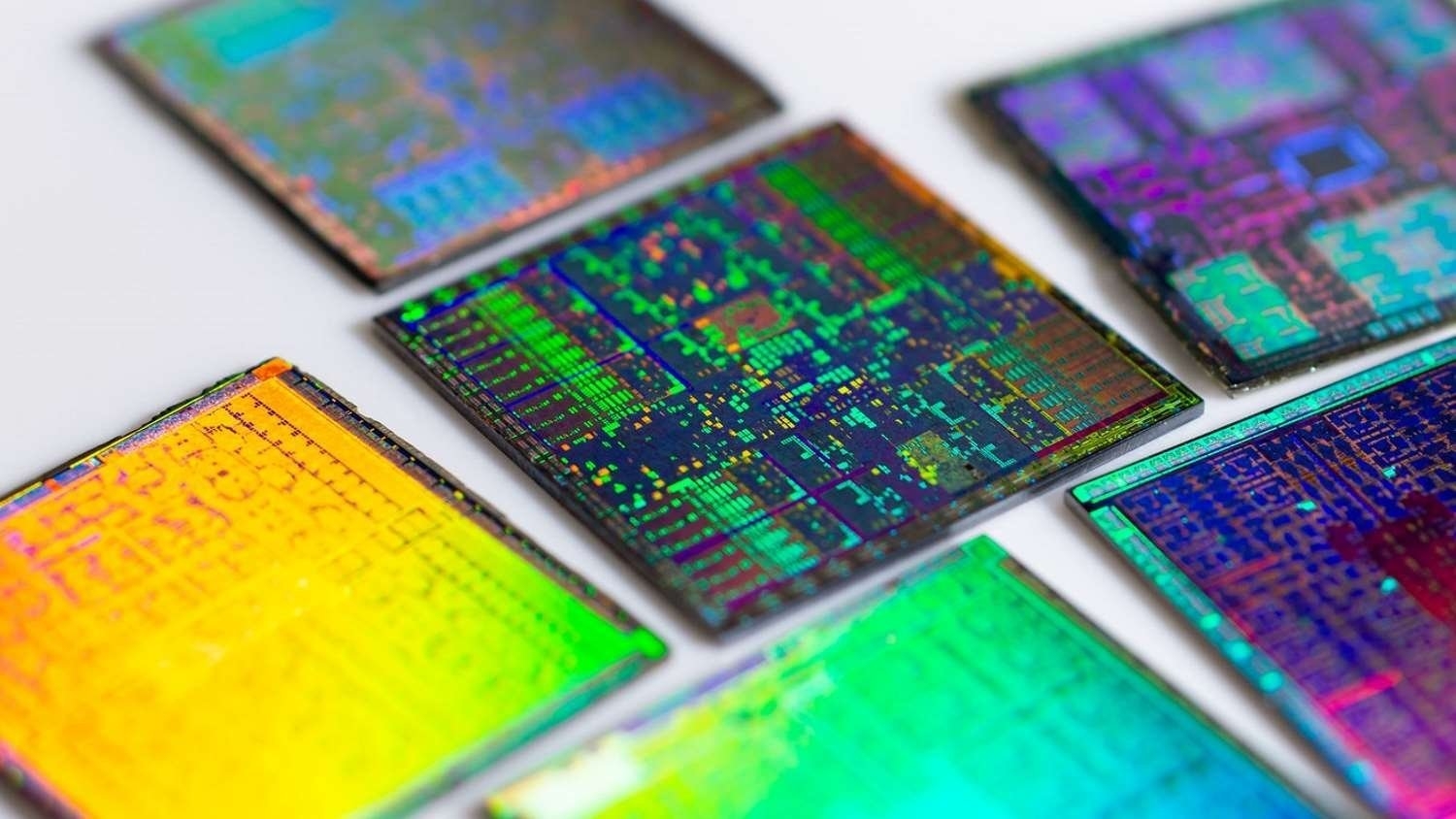Chip supplier TSMC has recently been in the spotlight for its decision not to charge Apple for defective 3nm chips prior to the anticipated launch of the iPhone 15 Pro and its A17 Bionic chip. However, it's important to note that an update from Apple analyst Ming-Chi Kuo has shed new light on the situation.

According to Kuo, The Information's report was not entirely accurate. He clarified that Apple's standard agreement with TSMC does not involve the purchase of defective chips. Instead, Apple purchases "finished goods" of the expected quality. Unlike a typical "wafer-buy" deal, which includes both functional and defective chips, Apple does not bear the cost of defective chips. In this case, it is TSMC that absorbs the cost of any defects through the pricing of the chips themselves.
While it seemed that TSMC was breaking convention by not charging Apple for defective 3nm chips, Kuo's update clarifies that this is not the case. Apple's agreement with TSMC remains consistent with their standard practice, ensuring that only chips meeting the expected quality standard are paid for, while the cost of any defective chips is absorbed by TSMC.
Nonetheless, the collaboration between Apple and TSMC remains significant. Apple's substantial orders from TSMC allow the chip supplier to benefit from the volume, enabling them to refine their manufacturing processes and scale up production more efficiently. This mutually beneficial relationship also helps TSMC cover the costs of research and development for new nodes, as well as the necessary production facilities.
In conclusion, while TSMC's decision not to charge Apple for defective chips prior to the release of the iPhone 15 Pro may have initially appeared unconventional, Kuo's update clarifies that it aligns with Apple's standard practice. As always, Apple purchases chips of expected quality, and it is TSMC that takes responsibility for any defective chips through the pricing structure.







